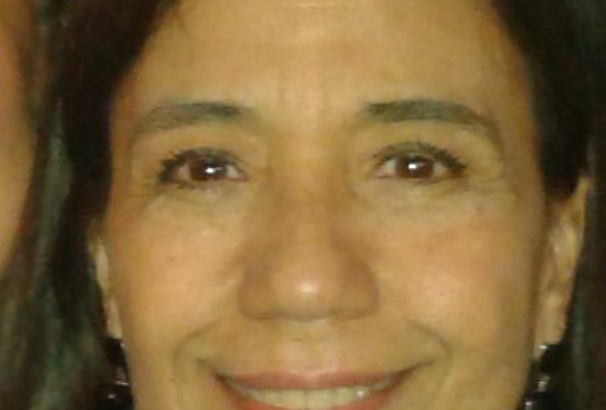University of Chicago
Eric G. Pamer received his MD degree from Case Western Reserve University Medical School and completed clinical training in Internal Medicine and Infectious Diseases at UCSD Medical Center. He was a postdoctoral fellow with Charles E. Davis at UCSD, Maggie So at Scripps Research Institute and Michael Bevan at the University of Washington and then moved to Yale University. In 2000 he moved his laboratory to Memorial Sloan-Kettering Cancer Center in New York where he was a Member of the Infectious Diseases Service, Head of the Division of Medical Subspecialties and Director of the Center for Microbes, Inflammation and Cancer. In July, 2019 he moved to the University of Chicago to become the Director of the Duchossois Family Institute.


